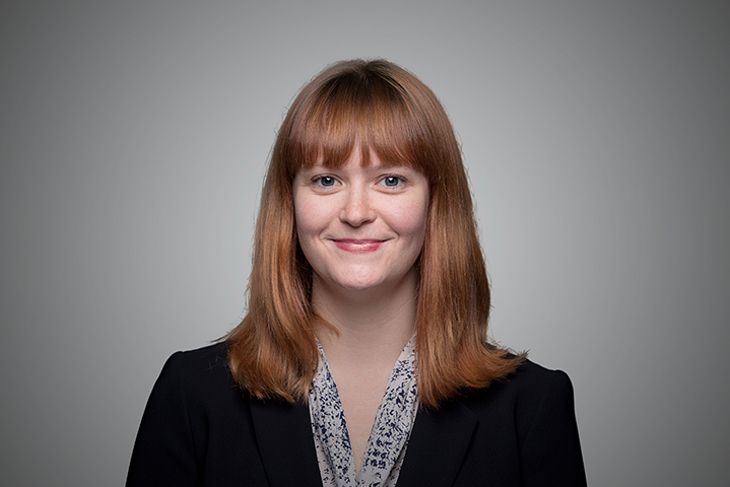Feb 12
/
Elinor Boote
Family Offices for Middle Eastern Clients

Elinor Boote
Associate at Charles Russell Speechlys
Associate at Charles Russell Speechlys
The Middle East has an exciting and growing economy, with many families becoming more internationally mobile.
As explored in detail in Issue 34 of the PCD Group Magazine last year, Saudi Arabia is a great example of a booming Middle Eastern economy; it is currently one of the fastest growing economies in the world. This extends beyond leisure and tourism, with many family businesses growing exponentially with increasingly complex investments and asset classes. As a result there is a growing focus on compliance, succession planning and governance, and a need for experienced international advisers.
As explored in detail in Issue 34 of the PCD Group Magazine last year, Saudi Arabia is a great example of a booming Middle Eastern economy; it is currently one of the fastest growing economies in the world. This extends beyond leisure and tourism, with many family businesses growing exponentially with increasingly complex investments and asset classes. As a result there is a growing focus on compliance, succession planning and governance, and a need for experienced international advisers.
Historically, many families relied on a single trusted adviser to manage their affairs under relatively informal arrangements. However, as a result of the growing complexities such as compliance with different reporting regimes, many UHNW families in the Middle East are looking to put in place sophisticated estate planning and investment strategies, including non-family members to assist with management and expansion, as their businesses grow ever larger.
This level of growth, especially at speed, can present many challenges. As a result, many wealthy families rely on a family office. This might be a professional independent provider, a multi-family office, or (especially for UHNWs) a single-family office. A single-family office will aim to provide information to the family in a very personal way, recruiting team members who are often known by the family and will hopefully work with them for many years. Finding professionals who can fulfil these roles is likely to involve looking beyond the family’s home jurisdiction. Many families look to the US and the UK.
The family office’s strategy should always align with the family’s wishes, whether a single or multi-family office. These principles will guide the family office. By way of example, Middle Eastern families might be investing with religious beliefs in mind, or only investing in certain sectors or jurisdictions, sometimes using specific Sharia compliant investment vehicles and Murabaha arrangements. They also may not be able to rely on typical UK planning options such as life insurance. Middle Eastern families will also often make use of trusts, which can offer very flexible family governance opportunities, and it is important to ensure that the trust structures are well understood by family members. Privacy is also likely to be a key concern, which can be challenging given the increasing international focus on reporting and transparency.
Family offices working with Middle Eastern clients will need to be alive to these considerations, as well as the family’s specific needs. These priorities need to be balanced with the legal, tax, reporting and governance concerns that apply to all family offices. This balancing act is one of the most challenging tasks of a family office.
